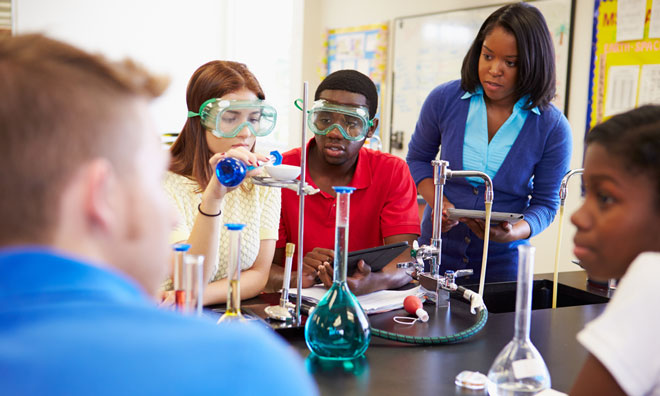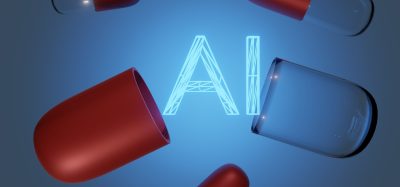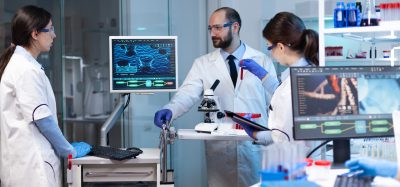€6 million for innovation in science, engineering and technology education
Posted: 8 November 2016 | Niamh Louise Marriott, Digital Content Producer | No comments yet
The EU and the Swiss government gave €6.3 million for the Next-Lab project, which aims to bring changes in the way that science, engineering and technology are taught in Europe…


The European Union and the Swiss government have jointly made 6.3 million euros available for the Next-Lab project, which aims to bring about large-scale changes in the way that science, engineering and technology are taught throughout Europe. The project centres on a huge collection of interactive online laboratories and teaching modules. Students can use these resources to carry out scientific experiments, while teachers can use them to enrich their classes.
The Go-Lab project, which started in 2012, was aimed at young Europeans in the 10 to 18 age group. The aim was to fire them with enthusiasm for science, engineering and technology while, at the same time, teaching them research skills.
Practical skills
Working under supervision, these young people learn how to formulate research questions, carry out experiments and draw conclusions based on the results obtained. In practice, this ‘inquiry-based learning’ is a very effective way of learning. While acquiring knowledge about the subject, students also learn how to carry out scientific research.
In the context of the Go-Lab project, teachers created hundreds of online learning environments. Roughly 400 of these have been published on the Go-Lab Portal, covering fields such as physics, chemistry, mathematics, biology and astronomy.
Virtual experiments
Students can run all kinds of experiments online. These can take place in virtual laboratories or even in real physical laboratories – albeit remotely (remote labs). Students can, for example, create virtual electrical circuits or perform chemistry experiments in a virtual laboratory. With a remote lab they are able to conduct experiments in a research set-up in a real lab somewhere in the world.
Depending on the types of labs available, teachers can develop or combine all kinds of teaching modules. About 1300 schools in thirty different countries use the 400 (virtual and remote) laboratories that are available, and the 400 online learning environments that have been published.
The Go-Lab portal is visited about 10,000 times a month. No fewer than 15,000 pupils have already taken advantage of the opportunities Go-Lab offers.
Next-Lab
Next-Lab follows on from the successful Go-Lab project. In the context of this new project, a broad international consortium intends to expand the scope and impact of the teaching modules.
For instance, the target group will be expanded to include younger students in primary education, and efforts will be made to align the project with teacher training programmes. In this way – via the teachers of the future – the consortium will be able to get even more young people inspired about science, engineering and technology.


The project aims to focus on primary school children as well
The software’s capabilities will also be enhanced by the addition of extra tools, to enable students to cooperate with one another remotely and to measure their progress. In addition, the project includes research into inquiry-based learning processes and into the effectiveness of the available resources.
The project, which has a total budget of €6.3 million, is being implemented in the context of the European Union’s Horizon 2020 programme. Next-Lab will start on 1 January 2017 and will last for three years.
Research consortium
The project is being coordinated by the University of Twente in the Netherlands. The project includes the following other partners: École Polytechnique Fédérale de Lausanne (Switzerland), Information Multimedia Communication AG (Germany), EUN Partnership AISBL (Belgium), Ellinogermaniki Agogi Scholi Panagea Savva (Greece), University of Cyprus (Cyprus), Universidad de la Iglesia de Deusto (Spain), Tartu Ülikool (Estonia), Núcleo Interactivo de Astronomia (Portugal), École Normale Supérieure de Lyon (France), Turun Yliopisto (Finland) and the University of Leicester (UK).
Related topics
Funding
Related organisations
University of Twente







